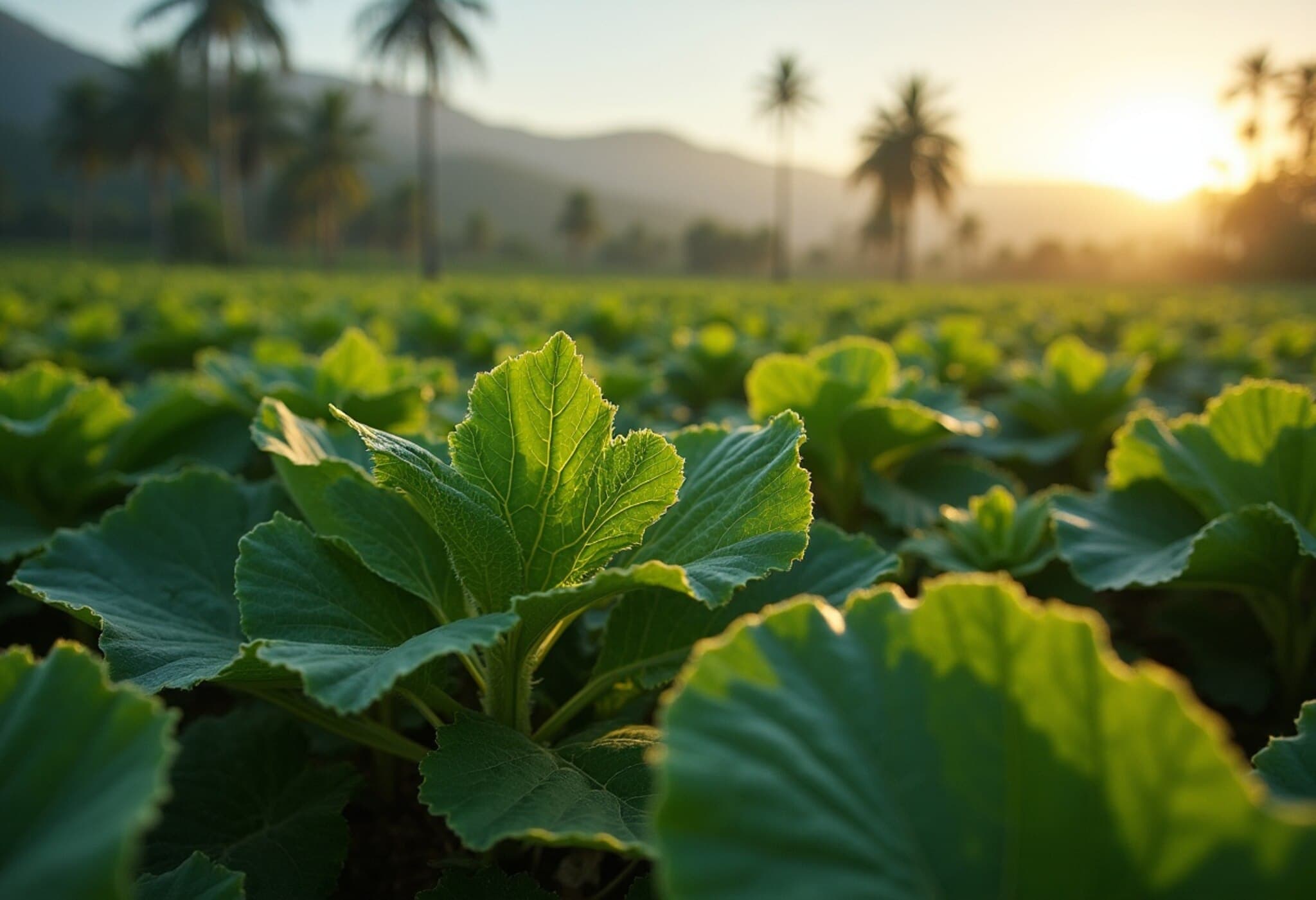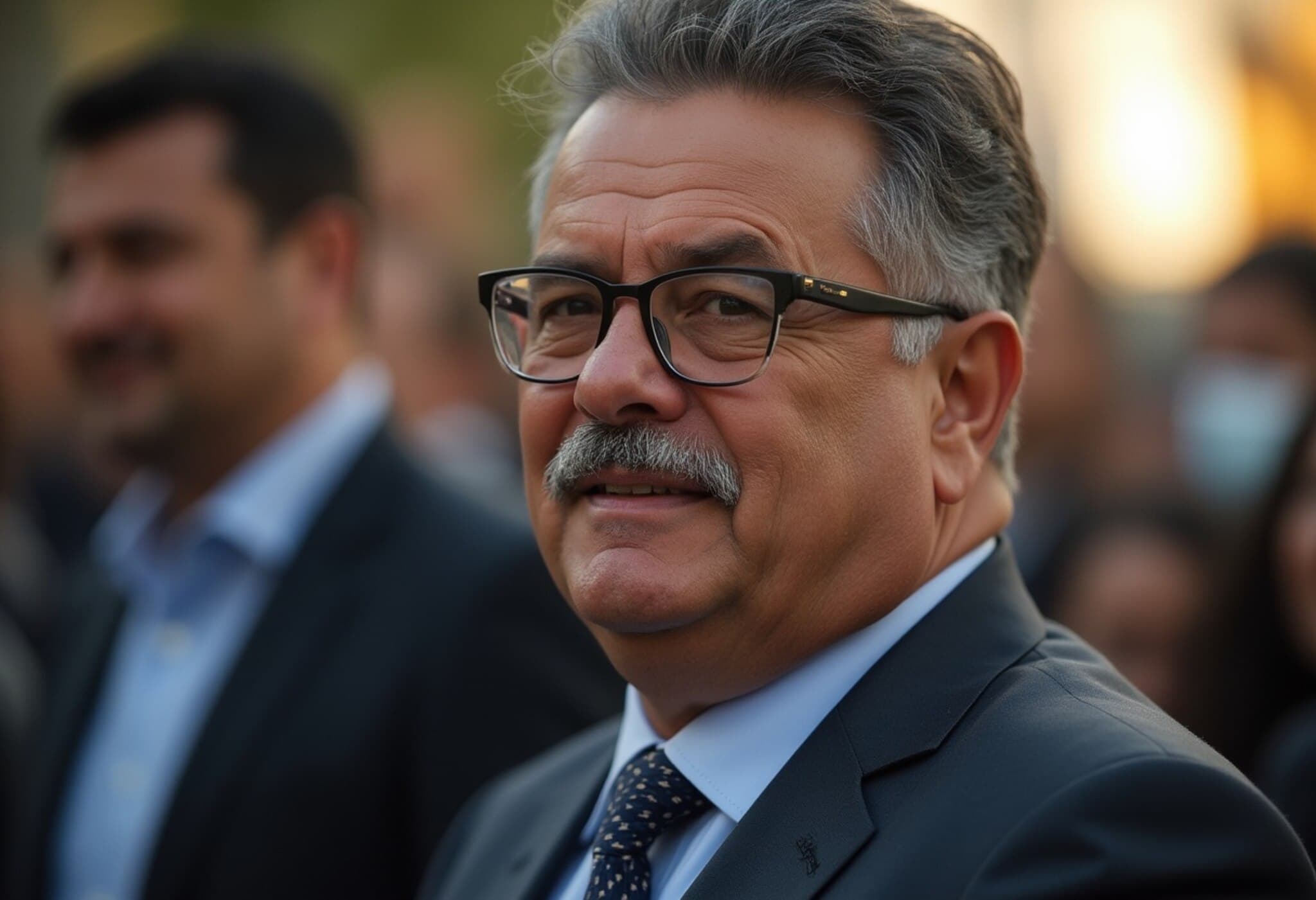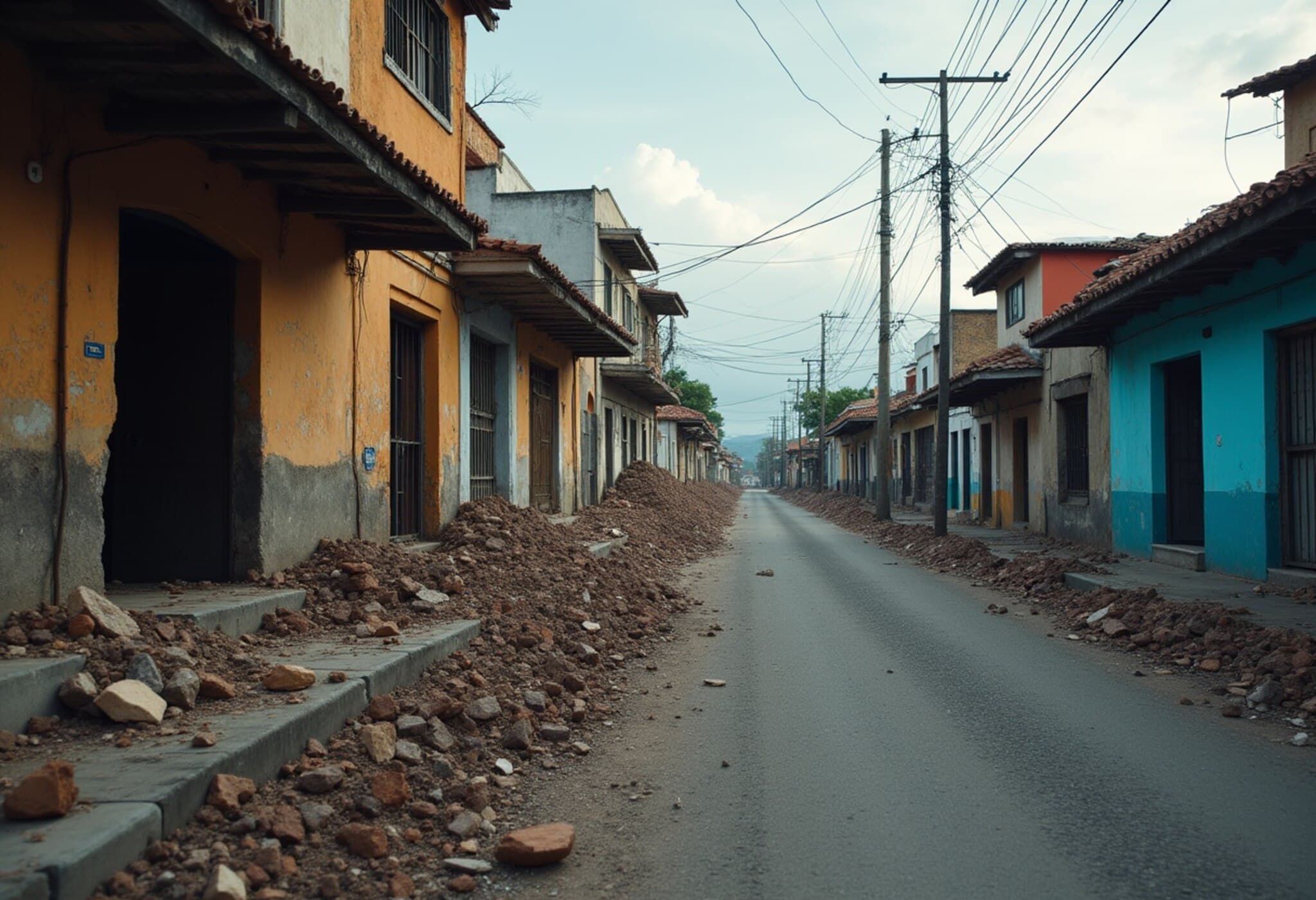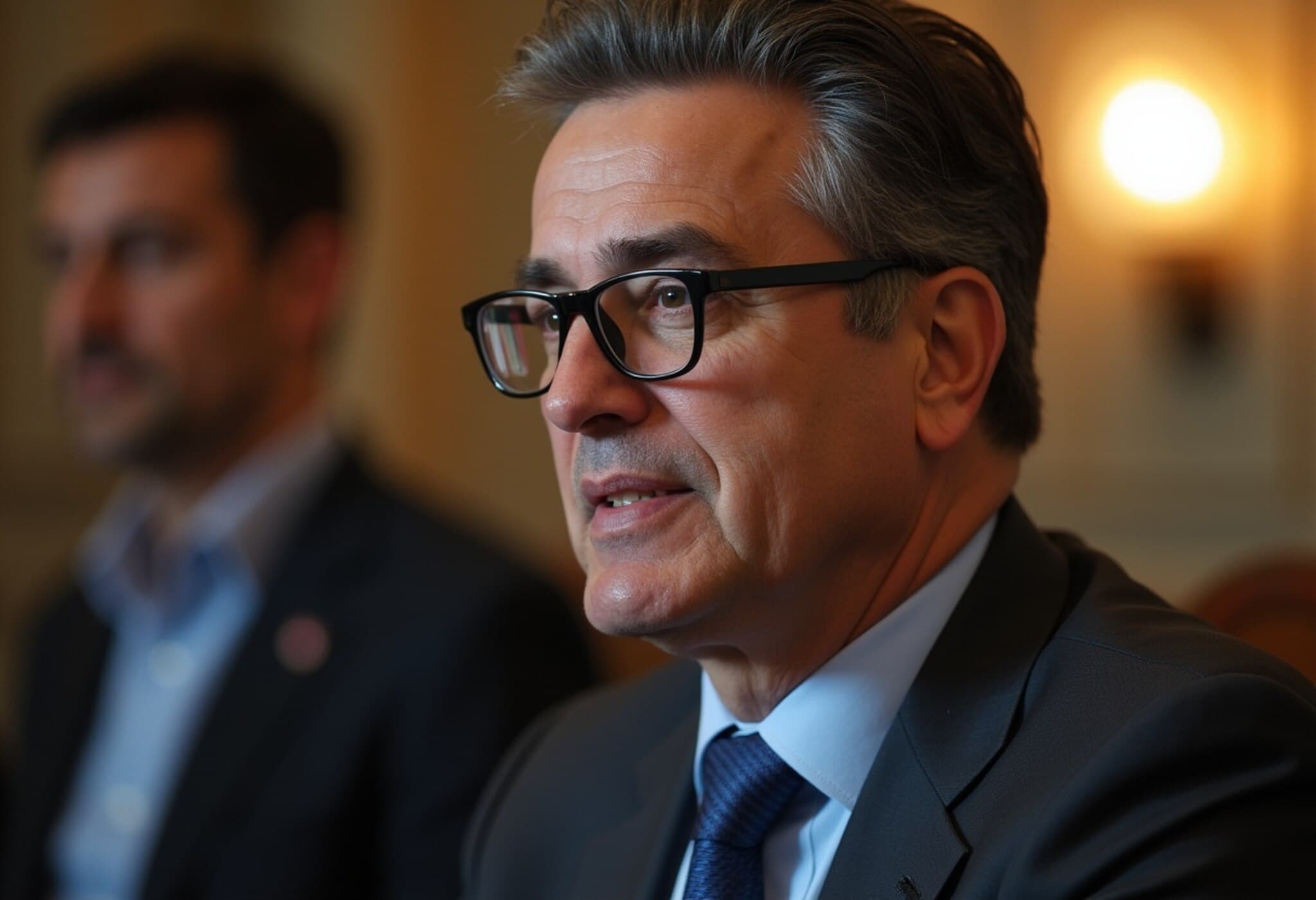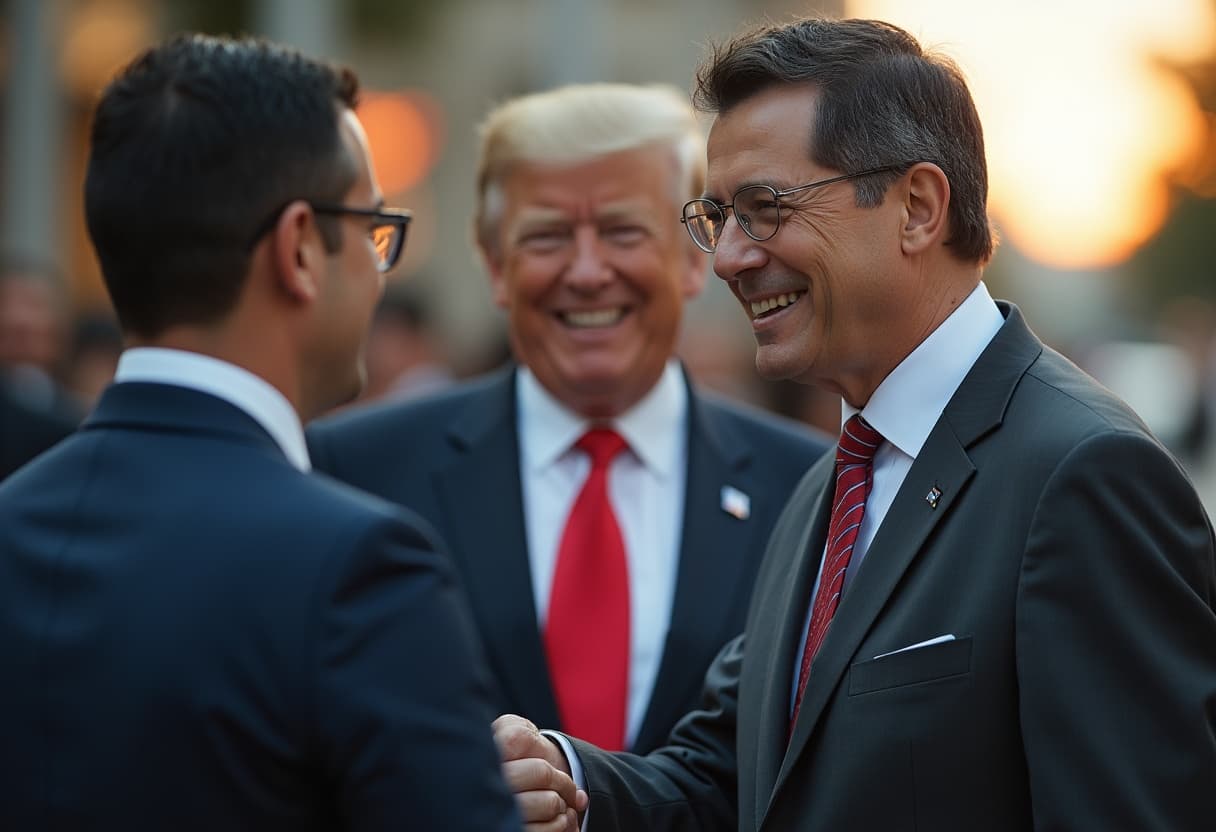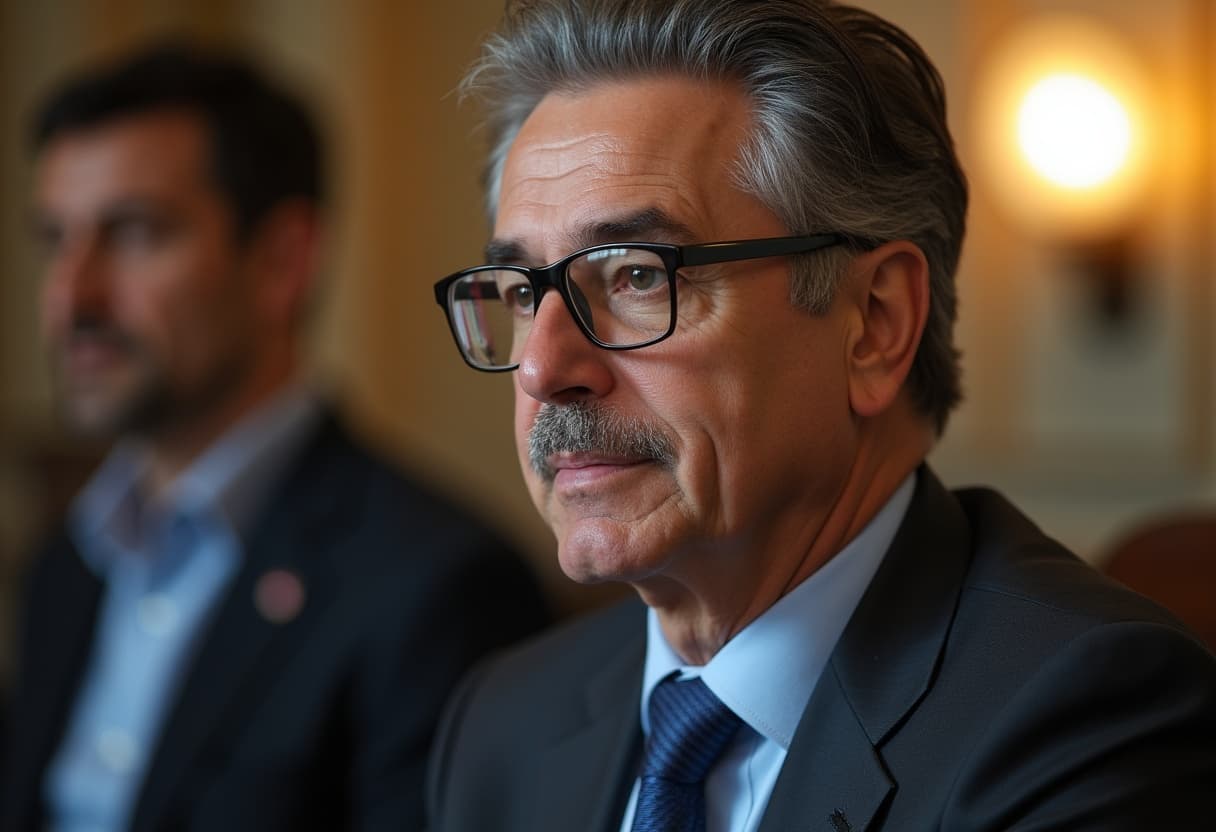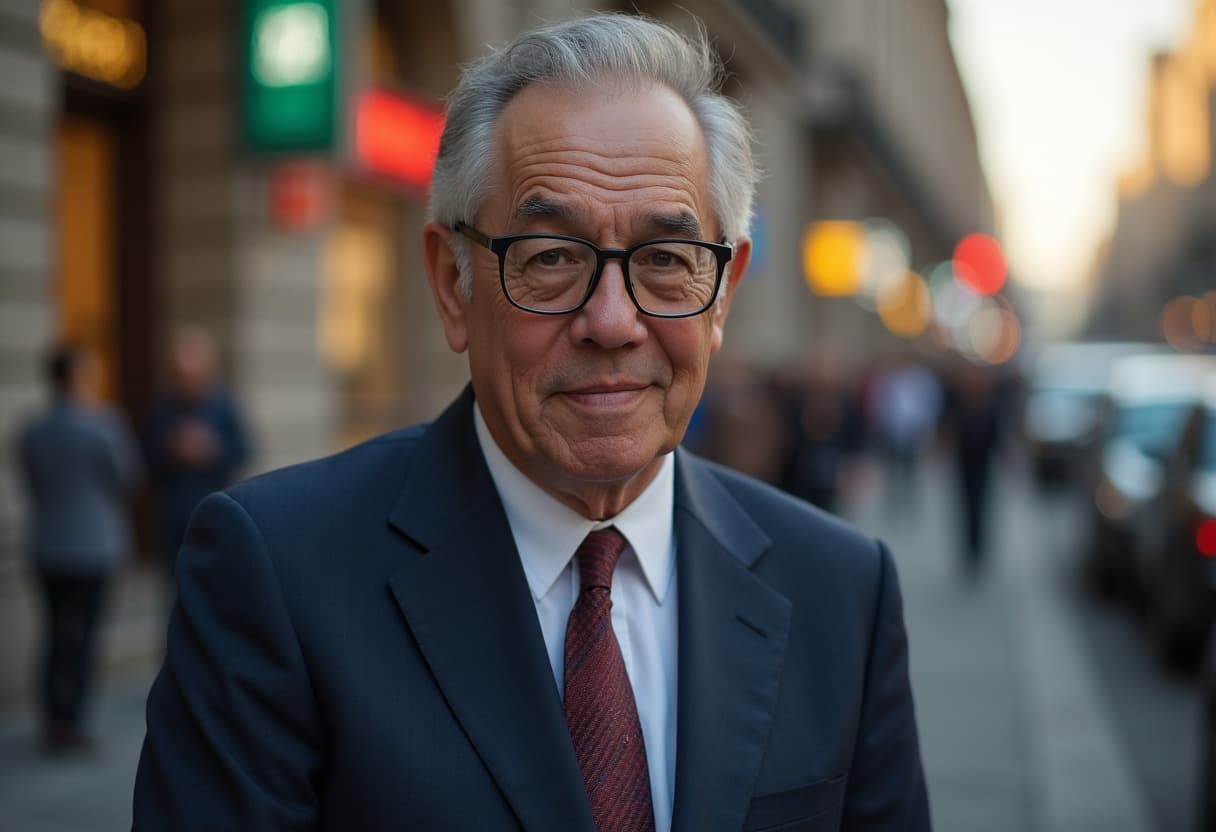US-Colombia Drug War Strains Amid Rising Cocaine Production
In a significant shift in one of Washington’s long-standing foreign partnerships, the Trump administration is reportedly contemplating a reduction in military and development funds to Colombia. This comes amid growing frustration over Colombia’s inability to curb soaring coca cultivation—the key ingredient in cocaine production.
For over four decades, Colombia has been a principal U.S. ally in the global fight against narcotics. The country has received billions in aid and has provided crucial intelligence that helped disrupt drug trafficking routes stretching from South America into the United States and beyond. Yet, despite this support, the cocaine trade appears to be expanding at an alarming rate.
Certification Review to Determine Aid Future
At the heart of the matter lies an annual process known as “certification.” Each year, the U.S. Department of State evaluates whether Colombia and other aid recipients are meeting benchmarks in combating drug production and trafficking. The results, expected imminently, will decide if Colombia remains eligible for continued U.S. funding and diplomatic privileges. A decision to decertify could suspend hundreds of millions in aid, impose sanctions, and restrict visas for Colombian officials.
The stakes could hardly be higher as the geopolitical landscape in Latin America shifts and the United States intensifies its military operations against drug traffickers, including coastline interdictions near Venezuelan waters.
Escalating Tensions and Calls for Accountability
Though the U.S. State Department has remained tight-lipped about its impending certification decision, internal voices within the Trump administration have grown more vocal. Officials have criticized Bogotá for its apparent inability to reduce coca cultivation amid record-high production levels.
“It is time to see results,” emphasized a spokesperson from the U.S. international narcotics agency. “Given the record coca cultivation, immediate and tangible progress on eradication is not just desired—it is imperative.”
This stance highlights a broader frustration with what many see as Colombia’s faltering commitment or capacity to address a problem that has deeply entrenched itself in both rural economies and illicit international markets.
Complex Realities Behind Cocaine Production
Understanding the surge in coca farming requires delving into the multilayered socio-economic and political challenges Colombia faces. Rural farmers, often trapped by poverty and limited alternatives, rely on coca cultivation as a lucrative cash crop. Meanwhile, armed groups and organized crime syndicates exploit these conditions, perpetuating violence and corruption that undermine state efforts.
Experts caution that simplistic approaches focused solely on eradication may not suffice. They argue for comprehensive strategies addressing rural development, legal economic opportunities, and peacebuilding efforts.
Implications for US-Colombia Relations and Regional Security
Decertification or substantial aid cuts would represent a dramatic rupture in U.S.-Colombia relations, potentially weakening cooperation in intelligence sharing, law enforcement operations, and regional security initiatives.
Furthermore, it could ripple through Latin America’s fragile balance, given Colombia’s strategic role as a regional partner in combating drug trafficking, organized crime, and even migratory pressures stemming from neighboring Venezuela.
Looking Ahead: Critical Questions for Policymakers
- How will reduced U.S. aid impact Colombia’s ability to combat coca cultivation and drug trafficking?
- Can alternative development programs offer viable pathways for farmers who depend on coca?
- What diplomatic efforts might be necessary to preserve the U.S.-Colombia alliance while promoting effective counter-narcotics policies?
As the certification decision looms, policymakers in Washington and Bogotá face the challenge of recalibrating a partnership that has long been heralded as a marquee example of international cooperation against drug trade, yet now faces its most consequential test.
Editor’s Note
The unfolding tension between the Trump administration and Colombia underscores the intricate balance between foreign aid, sovereignty, and the harsh realities of drug economics. While the U.S. demands results, sustainable success against narcotics demands holistic solutions—ones that combine enforcement with socio-economic reforms. As readers, we must ask: are punitive measures alone enough to stem a global crisis fueled by demand, poverty, and politics?

